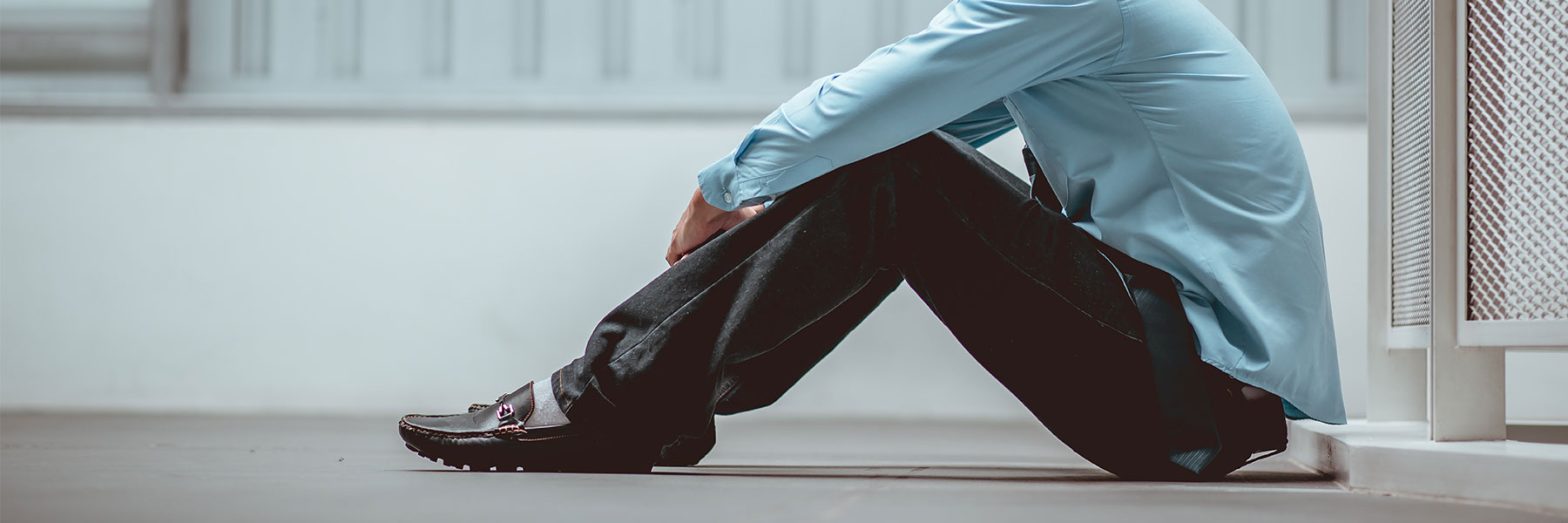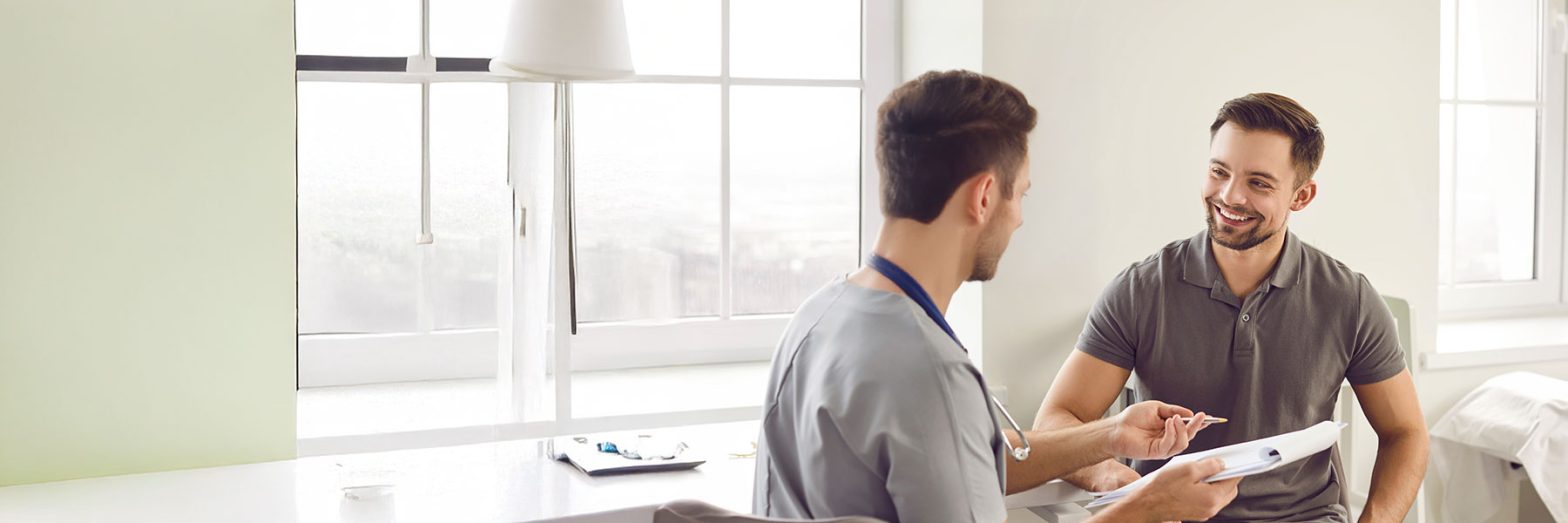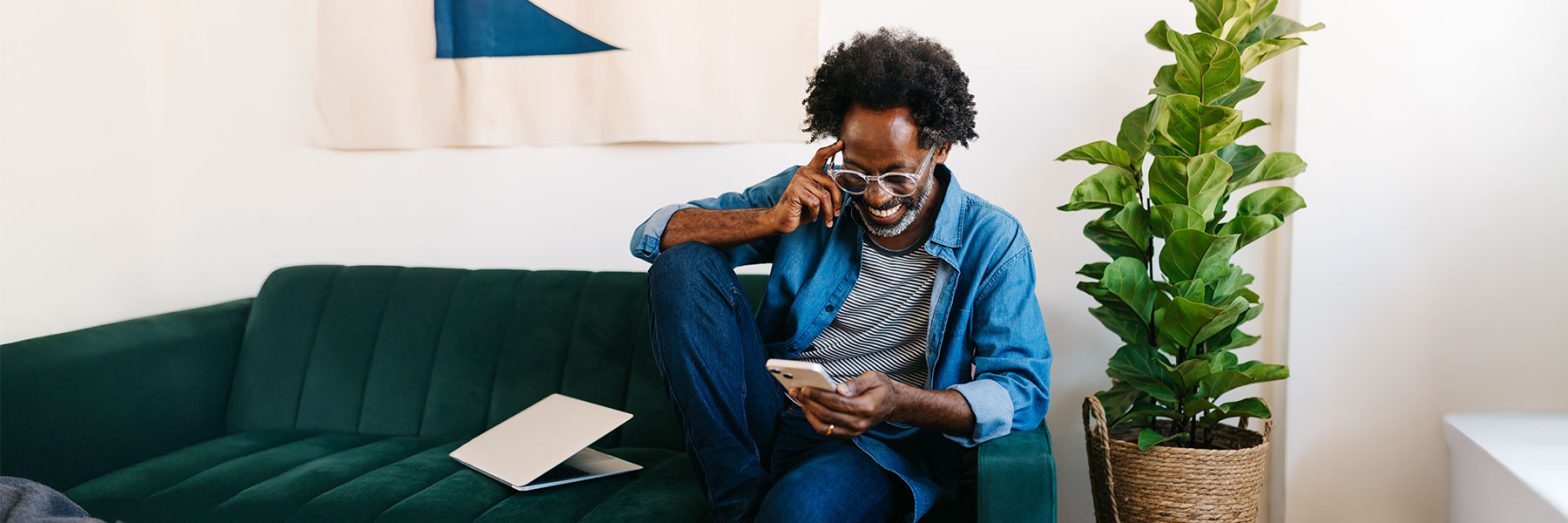
5 Haemorrhoid Myths
When it comes to haemorrhoids, there are a lot of misconceptions about how they are caused and who is likely to develop them.
Haemorrhoids are a bit of a taboo subject and often regarded as an embarrassing subject to talk about, despite it being a very common condition.
In this blog, we will look at 5 common haemorrhoid myths to help increase understanding of the condition.
Haemorrhoid Facts
A haemorrhoid is a vascular structure in the anus. These can swell and enlarge in size causing discomfort and symptoms such as bleeding, soreness, and itchiness.
There are 4 clinical grades of haemorrhoids which determine your severity.
Haemorrhoids are typically caused by increased pressure because of factors such as chronic diarrhoea, pregnancy, constipation, low-fibre diets, and genetics.
Related: Everything you need to know about piles
5 Haemorrhoids Myths
Sitting on a cold surface can lead to piles
There is very little evidence to support this old wives’ tale, sitting on cold or wet surfaces and floors is unlikely to cause haemorrhoids.
Haemorrhoids are caused by abdominal straining so the temperature of the surface you are sitting on will have no impact on the development of piles.
Looking into the history of this myth, it is believed to have come from a historic medical journal written in 1865. The medical author claimed that sitting on cold and wet stones was the cause of anal neuralgia and the case history of the patient detailed how they also had piles.
There is also an element of truth as whilst the type of surface you are sat on does not have any relevance to developing piles, the length of time you are sat down can be a factor.
A sedentary lifestyle with a lack of activity and long periods of sitting can increase your risk of developing haemorrhoids.
Exercise can cause haemorrhoids
Exercise overall will not increase your risk of developing haemorrhoids, but the type of exercise you do could.
Using incorrect techniques when lifting weights or just putting excessive strain on your body can lead to developing piles. We recommend light and regular physical activity to help prevent constipation and weight gain. If undertaking strenuous exercise or lifting weights, then seek guidance to ensure that you are safe and not putting any unnecessary strain or pressure on your body.
Only older people get haemorrhoids
It is true that as you get older, the likelihood of developing piles can increase. This is because the supporting tissues within the anal canal and rectum can become weaker with age.
However, people of any age can develop piles and despite leading a healthy lifestyle with a good diet, this does not mean you will not develop them.
Other causes of haemorrhoids include straining during bowel movements, constipation and diarrhoea which can affect all ages.
Haemorrhoids can cause cancer
There is no evidence that haemorrhoids can cause cancer. However, haemorrhoids can sometimes disguise symptoms of cancer as they can be dismissed as they are related to haemorrhoids. We recommend paying attention to your symptoms and letting your GP know if there are any persistent symptoms that you are concerned about.
A 2021 study also recognised that there was evidence to suggest that haemorrhoids could be a risk factor for colorectal cancer. The scientists in this study have not been able to fully explain the link but recommend that those with haemorrhoids should undergo a colonoscopy for the early detection of colorectal cancer.
Haemorrhoids are complicated to treat
In most instances, haemorrhoids can be treated easily with over-the-counter prescription creams, ointments or suppositories or even get better by themselves.
However, more significant or persistent haemorrhoids may need further treatment to effectively remove them.
At The Private Clinic, we provide a range of haemorrhoid treatments including Rafaelo Radiofrequency Treatment which has a 90% success rate.
Performed in-clinic under local anaesthetic it is a non-surgical treatment for internal haemorrhoids that enables patients to return to daily activities sooner than traditional haemorrhoid treatments.
Why choose The Private Clinic for Haemorrhoid treatment?
- Comprehensive Haemorrhoid consultations with experienced Consultant Colorectal NHS Surgeons.
- Free Proctoscopy Exam (usually priced additionally at £100-150 at most clinics and private hospitals) included in all clinic consultations.
- Our 15-minute, walk-in, walk-out Rafaelo procedure is our first choice in haemorrhoid treatment.
- We prioritise treatments that provide minimal postoperative pain and aftercare.
- Our haemorrhoid treatments have minimal chances of piles recurrence.
- Instant reduction of piles symptoms.
- 24-hour patient helpline direct to your nursing team and surgeon, which means should you have any concerns we are here to help.
- Dedicated post-operative care and appointments with your surgeon and nursing team.
- The Private Clinic’s unique comprehensive Patient Guide on Haemorrhoids.
- Our excellent reputation for patient safety and satisfaction, honest advice and outstanding care means your journey with The Private Clinic will be a premium experience.
- Find out more about our range of haemorrhoid and other colorectal procedures that we provide.
Get in touch to find out how we can help
To Book a Haemorrhoids Treatment consultation at any of our clinics please call 0333 920 2471 or use our online contact form.
Sources
-
On the Diseases, Injuries, and Malformations of the Rectum and Anus – Thomas Jonn Ashton
-
NHS – Piles (Haemorrhoids)
-
Healthline – 6 Exercises to Treat (and Prevent) Hemorrhoids
-
Proctology Institute – Why Aging Increases Your Risk of Getting Hemorrhoids
-
Medical News Today – Can haemorrhoids cause cancer?
-
PubMed – Colorectal Cancer Risk in Patients with Hemorrhoids: A 10-Year Population-Based Retrospective Cohort Study






